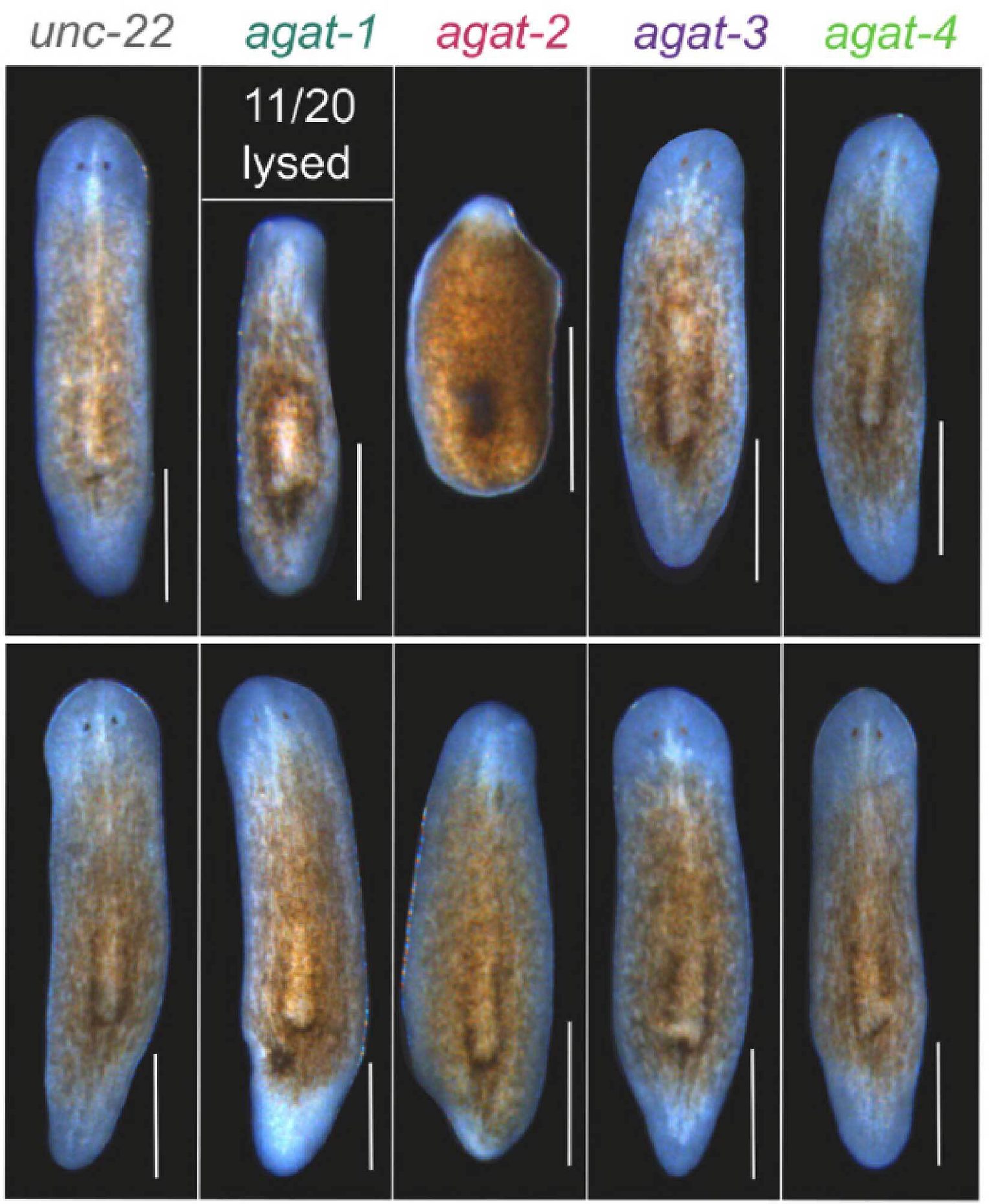Kansas City, MO—Developmental biologist Dr. Matthew C. Gibson, a Stowers Institute assistant investigator, has been named the recipient of the 2011 Hudson Prize by the M.R. and Evelyn Hudson Foundation.
Through the Hudson Prize, the Texas-based M.R. and Evelyn Hudson Foundation recognizes and supports the work of outstanding early career scientists at the Stowers Institute for Medical Research.
“Matt is an incredibly gifted scientist who follows his instincts even if they lead him across disciplines into new territory,” said David Chao, president and CEO of the Stowers Institute for Medical Research. “I'm delighted that the M.R. and Evelyn Hudson Foundation has presented him with this recognition and support to facilitate his remarkable research."
Gibson, who focuses on early embryonic development, will receive a one-time grant of $50,000 to expand his research into the control of cell division in epithelial cell layers. Throughout his scientific career, Gibson has been particularly interested in how cells proliferate and grow while maintaining highly organized tissue layers known as epithelia.
As a postdoctoral fellow, he discovered an unexpected role for the signaling molecule BMP in controlling the shape and fate of epithelial cells that form fruit fly wings. From there he turned his attention to a very different venture: to define mathematical principles governing how polygonally-shaped cells pack into rapidly proliferating epithelial sheets.
Surprisingly, no single set of genes regulates this process. Instead, Gibson’s work shows that simple mathematical rules govern the shape and sidedness of dividing epithelial cells. Most recently, his group published a paper showing that polygonal cell packing can influence the spatial orientation of cell division in tissues as different as fruit fly larvae and cucumber epidermis.
The funding from the M.R. and Evelyn Hudson Foundation will aid his latest studies in yet another new area, the fine-scale control of nuclear movements associated with mitotic cell division in epithelial layers.
“Matt has launched a promising research program at the Stowers Institute and we are extraordinarily proud of his accomplishments,” said Robb Krumlauf, Ph.D., Scientific Director of the Stowers Institute. “We look forward to continued success from this exceptional investigator as he continues to push the frontiers of basic science.”
Prior to joining the Stowers Institute for Medical Research in Kansas City in 2006, Gibson earned a bachelor’s degree in biology from Yale University and a doctorate in zoology from the University of Washington. He then completed a Jane Coffin Childs postdoctoral research fellowship at Harvard Medical School in Boston. In addition to his primary appointment at the Stowers Institute, Gibson, the recipient of a Burroughs Wellcome Fund Career Award in Biomedical Sciences, holds an appointment as assistant professor in the Department of Anatomy and Cell Biology at the University of Kansas School of Medicine.
About the Hudson Foundation
The Hudson Foundation was established in 1991 to further the Hudsons’ lifelong interest in supporting education, medical research, children’s issues, and the arts. M.R. Hudson was the founder of Hudson Oil Co. and later Fisca Oil Co.
About the Stowers Institute
The Stowers Institute for Medical Research is a non-profit, basic biomedical research organization dedicated to improving human health by studying the fundamental processes of life. Jim Stowers, founder of American Century Investments, and his wife Virginia opened the Institute in 2000. Since then, the Institute has spent over a half billion dollars in pursuit of its mission.
Currently the Institute is home to nearly 500 researchers and support personnel; over 20 independent research programs; and more than a dozen technology development and core facilities. Learn more about the Institute at http://www.stowers.org.



